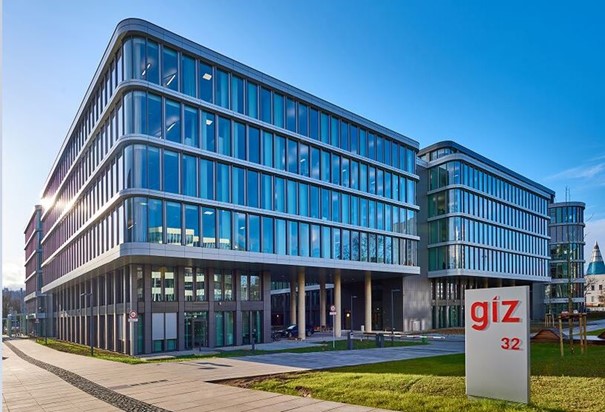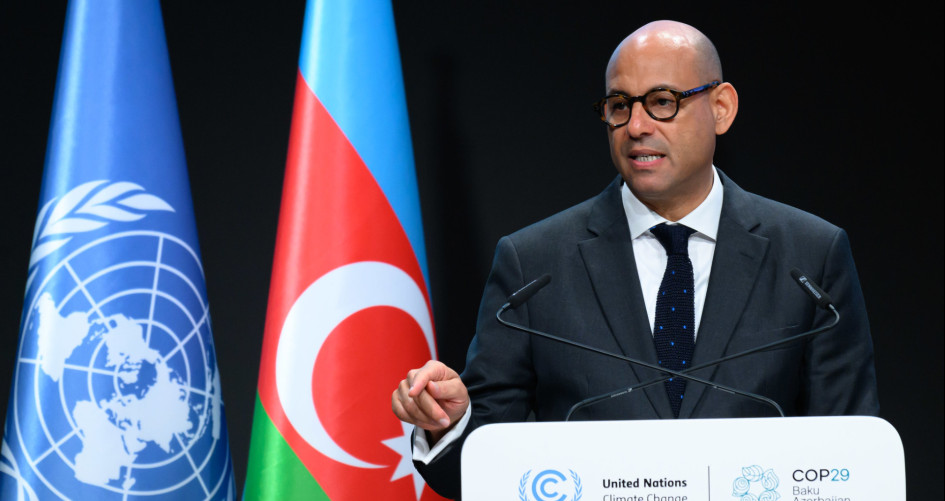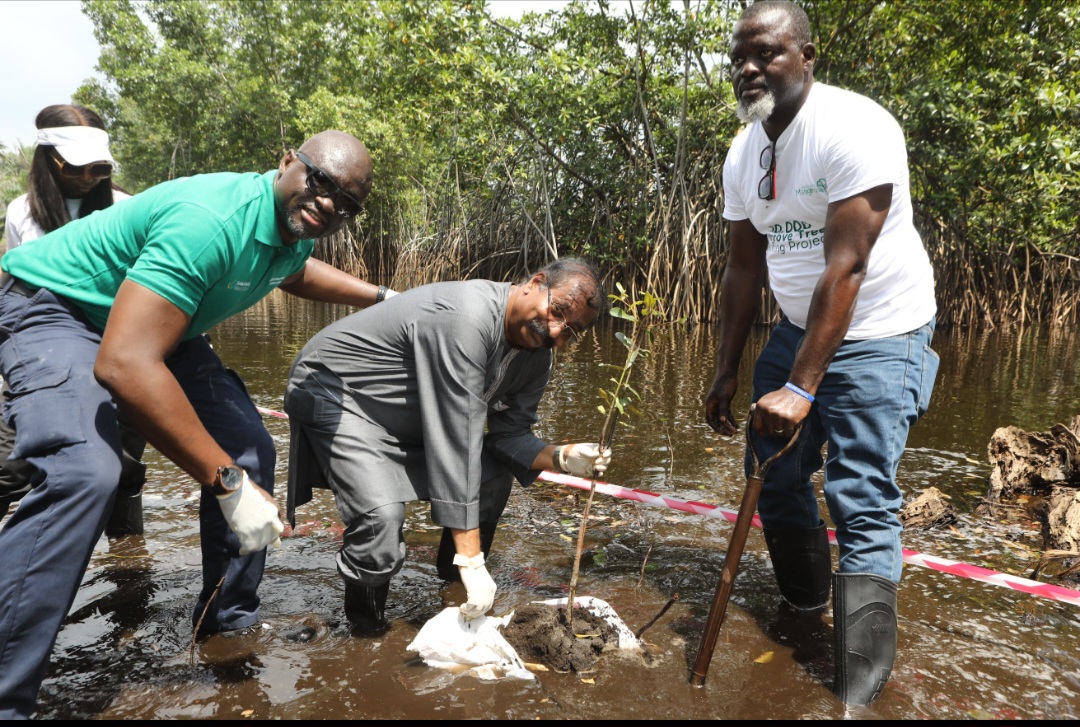The alliance inaugurated under the GIZ PrivABoo initiative of the National Determined Contribution (NDC) Assist II project, is a landmark move toward private sector-led climate resilience.
According to a GIZ statement, the inauguration which held in Nairobi, Kenya featured climate innovators, investors, policymakers and entrepreneurs that are committed to making climate adaptation a driver of sustainable economic growth.
It stated that with the inauguration, Fiji, Rwanda and Pakistan have joint Africa-led Initiative.
The statement said that CABA’s global expansion reflects a growing consensus that climate adaptation is not just a necessity but a major economic opportunity.
It said that with bold leadership, innovative financing and transnational cooperation, CABA seeks to become a global catalyst for transformative action benefiting vulnerable communities and the planet alike.

Suleiman Dikwa, the inaugural Executive Director of CABA delivered a keynote address titled “From Local Resilience to Global Transformation, explained that
CABA built on the success of Green Sahara Farms in climate-stressed regions of Nigeria and Lake Chad Basin.
Dikwa identified the initiative as promoting proven interventions like flood-resilient infrastructure, drought-tolerant agriculture and nature-based community solutions.
He said that these models illustrate how adaptation efforts can spur both economic growth and social equity.
“This is not the era of incremental change—we are leading the grand transition. Africa is not waiting to be rescued; we are actively shaping the economy, the earth needs—resilient, regenerative and just”. He declared
Climate Adaptation Business Alliance’s Mission
Dikwa outlined three strategic pillars guiding CABA’s mission as certification, policy reform and investment mobilisation.
He said CABA’s mission was geared towards establishing a globally recognised framework to certify credible climate adaptation enterprises, ensuring transparency, accountability and protection against greenwashing.
It also includes advocating for policy frameworks that value natural capital, incentivize regenerative practices and embed resilience into national development strategies.
Inaugurating a climate adaptation deal flow platform to connect innovative Small and Medium Enterprises (SMEs) and community-based projects with impact-driven capital for scalable solutions are also part of the mission.
The director said the alliance would establish sectoral working groups, implement a 100-day action plan, and outline a roadmap for onboarding new countries and partners through 2026.
The alliance also has Denis Mijibi as its Executive Secretary, tasked with leading international collaboration, resource mobilisation and strategic partnerships.




